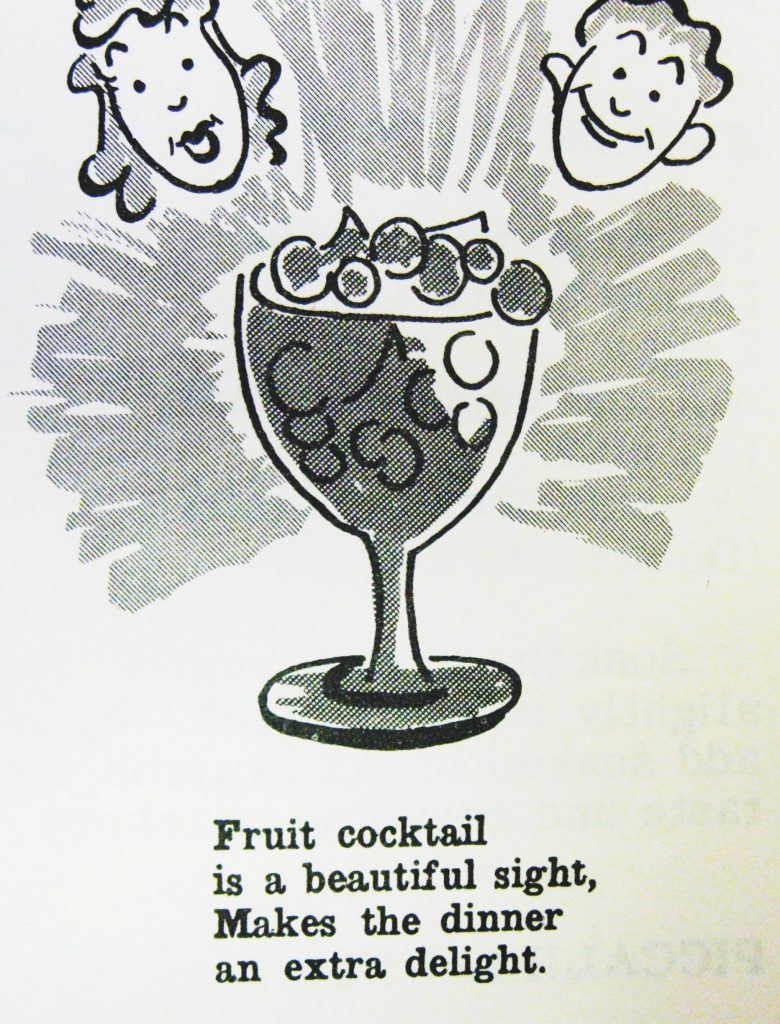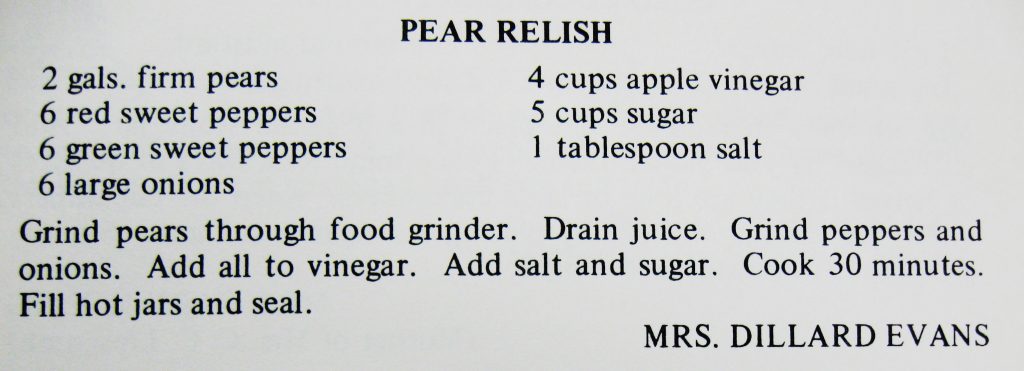“….Moderate, fraternal-minded or skittish Klansmen… had no stomach for the vituperative anti-Catholicism promoted by Klan lecturers…
“Even some hooded officials harbored reservations about the bigoted logic of white Protestant nationalism….In 1927, Imperial Wizard [Hiram Wesley] Evans tried to force North Carolina Klan officials to place bills before the state legislature invalidating ‘prenuptial agreements regarding education of children’ in mixed Catholic-Protestant marriages and outlawing membership in the Catholic Church and the Knights of Columbus. Tar Heel Klansmen rebelled against the directive, and some cut their ties with the national organization….”
— From “One Hundred Percent American: The Rebirth and Decline of the Ku Klux Klan in the 1920s” by Thomas R. Pegram (2011)








